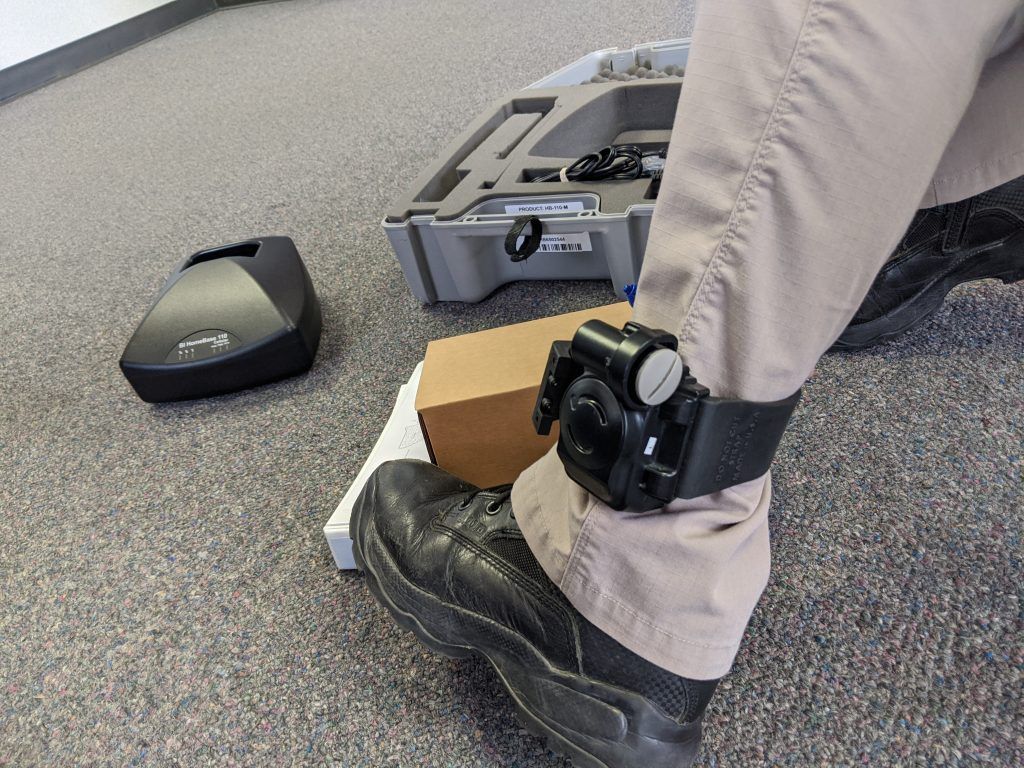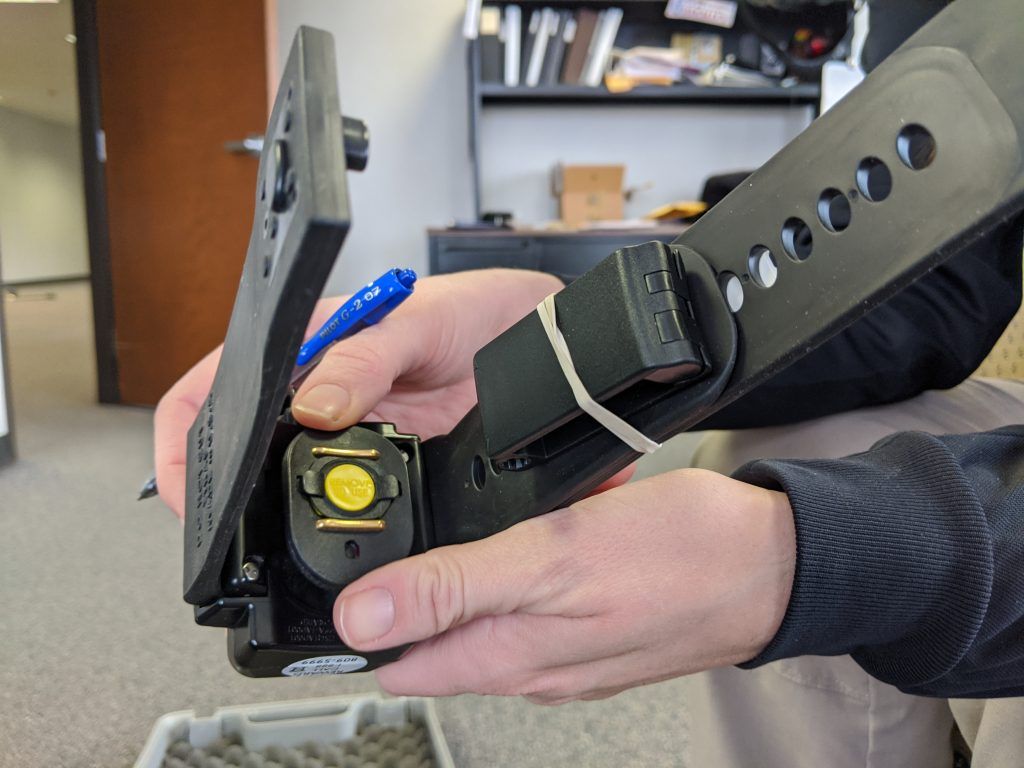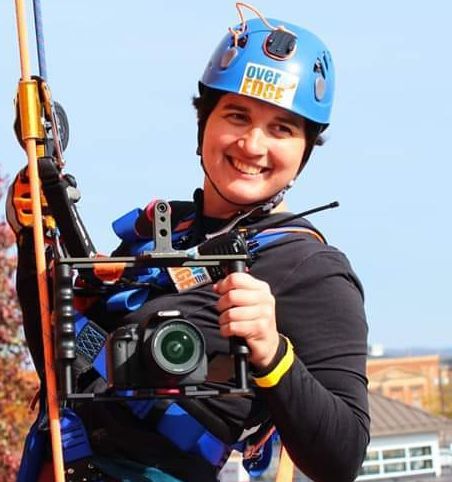
A new ankle monitoring program may be the key to decreasing DUI rates and incarceration fees in Lycoming County, but securing funds to launch the program in full has proved difficult.
“I provided data. I provided research. I provided anecdotal research from other states that used it,” said county Judge Marc Lovecchio, one of the key proponents for the program. “This is something that we can do that’s proven to be more effective.”
The program is intended to cut out jail time for repeat DUI offenders who qualify, and places them on house arrest with an ankle monitor instead. This then allows them to begin treatment immediately, according to Ed McCoy, chief adult probation officer.
Proponents for the 24/7 Program tout it is a win win for both cost-conscious skeptics as well as those within the criminal justice system.
“I’m passionate about it because it saves lives,” said Lovecchio, who has spent the past five years researching and pushing the county to adopt the program.

The idea is that as soon as the police encounter a repeat DUI offender they are immediately placed on an ankle monitor under supervised bail. The monitor will track the individual’s blood and alcohol level and their location.
“What society thinks we lose is the hammer of jail,” Lovecchio said. “But what the experts have determined is that that hammer is a losery because it doesn’t happen for months down the road. So what’s the effect of it?”
The standard process for many DUIs is to be charged and released on bail for six to eight months awaiting sentencing, which is when treatment normally would begin.
Treatment first
A recent recidivism study by Dr. Kerry Richmond at Lycoming College showed that DUI and drug-related offenses are some of the highest in the county.
Richmond also added that while only 12% of those DUI offenders who are able to make it off of probation will reoffend, the rate of individuals who are unable to make it off probation is more concerning.
It’s hard to put a statistic to those rates just yet, she said, but McCoy and Lovecchio see that the county has a “substantial amount of repeat DUI offenders” while they are waiting for sentencing. This is the group of people the 24/7 Program is geared toward.
“Most people drink and drive because they don’t think they are going to get caught,” Lovecchio said. “There is no avoiding it with this program.”
In it’s full form, the program is equipped to handle about 70 individuals. In the absence of full funding for the program, the county probation office began a hybrid model, which can accommodate about 20 individuals.
“Our probation officers are overworked anyway,” Loveccio said. “Everything is being dumped on the adult probation office.”
McCoy adds that each probation officer handles between 120 to 150 parolees at one time.
Since the hybrid model was initiated one person has failed the program, according to Sara Johns, the primary probation officer managing the hybrid program.
Anyone who violates while they are on the monitor will immediately be given two to three days in jail, she added.
A study of another 24/7 Program in Lancaster also showed a substantial decrease in domestic abuse incidents, McCoy said.
The financial burden
County leaders agree that the issue is important, but tackling the financial side of the program seems to be the largest hurdle. To run it fully would require hiring an additional probation officer and an additional bail officer, Loveccio said.
It’s a hard sell for a county currently pushing to reduce its total number of employees. Commissioner Scott Metzger, who recently retired after a 30-year career in the adult probation office, is an avid supporter of the program, but he doesn’t see a way to create new positions until at least after 2020.
He, and the other commissioners, encouraged McCoy to find ways to restructure his office first. A task McCoy said he was able to complete, which also allowed him to start the hybrid model of the program.
Commissioners Tony Mussare and Rick Mirabito agree with the importance of the program, but Mussare added that in light of other issues faced by the county, spending money on new personnel is not realistic at the moment.
However, Mirabito said he would be willing to spend money on the program.
“If we have to put additional staff to implement the program, I’m OK with that,” Mirabito said. “I also would like to make sure we have some accountability.”
Despite the various approvals and support, Lovecchio said the program continues to sit at a standstill.




